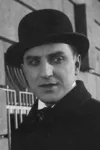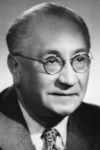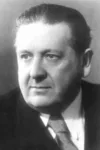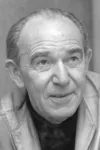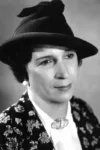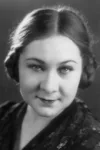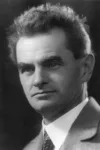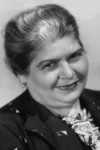Biography
(No Information)
Filmography
all 38
Movies 38
Writer 5
Director 1
Producer 1
Councillor Burdych
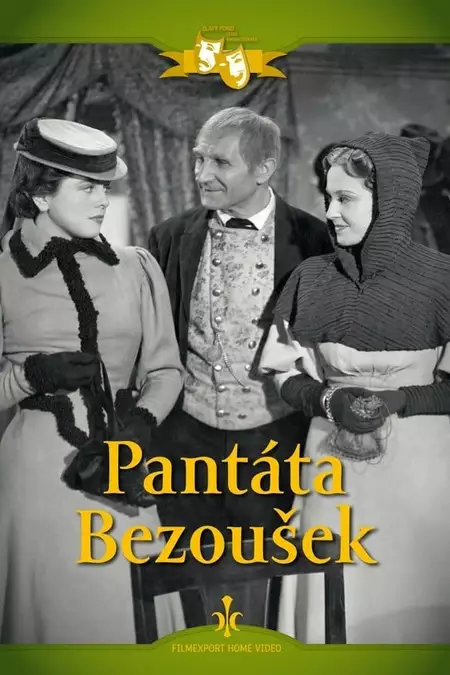
Pantáta Bezoušek (1941)
Movie
šéfredaktor
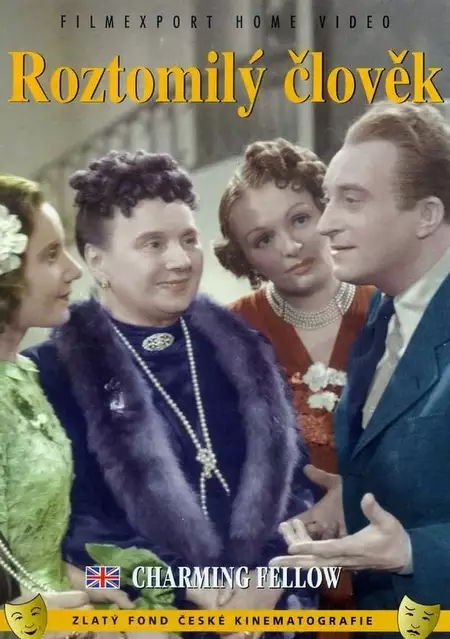
A Charming Man (1941)
Movie
Karel Hasler
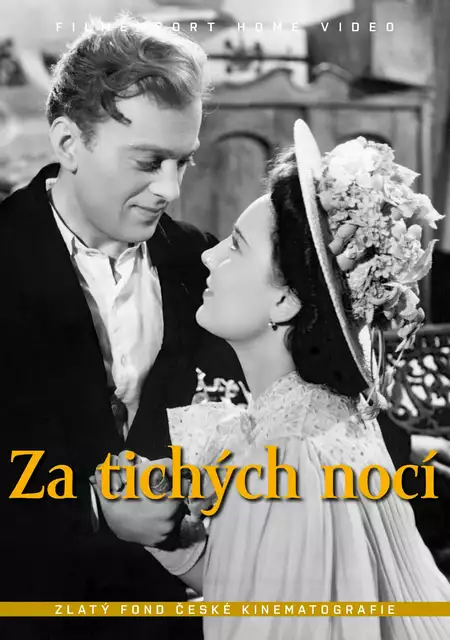
Za tichých nocí (1941)
Movie
Writer
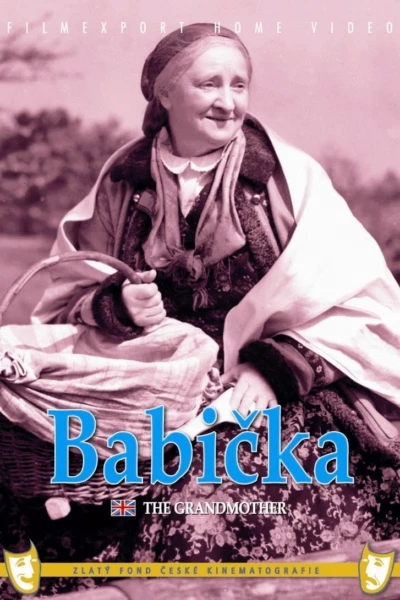
Grandmother (1940)
Movie
Divadelní reditel
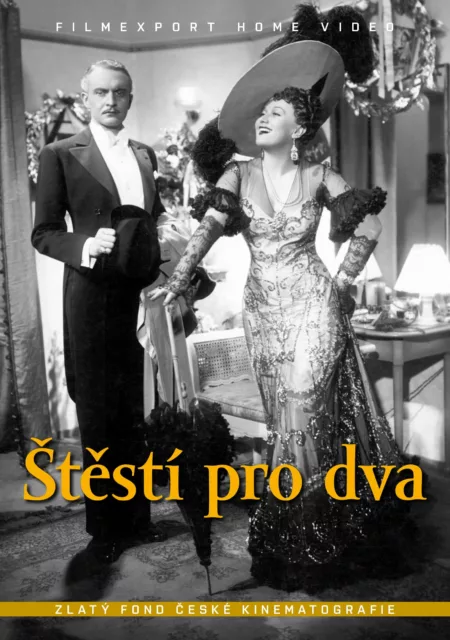
Štěstí pro dva (1940)
Movie
Composer

Venoušek a Stázička (1939)
Movie
Composer

Neporažená armáda (1938)
Movie
Writer

Švanda dudák (1937)
Movie
MUDr. Marvan

Vzdušné torpédo 48 (1937)
Movie
Writer

Vojnarka (1936)
Movie
Director
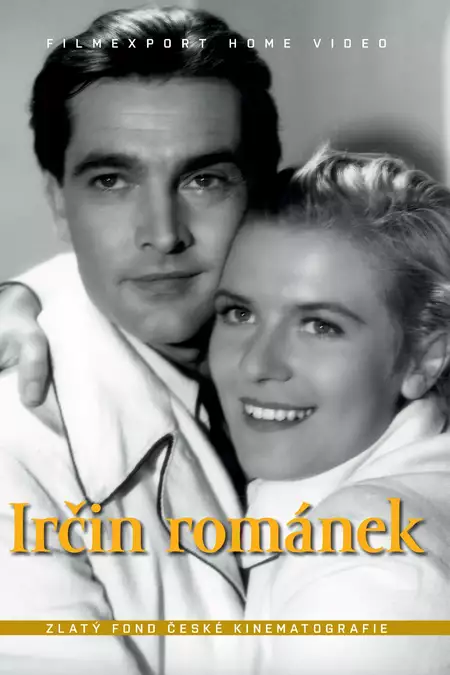
Irčin románek (1936)
Movie
Original Music Composer

Divoch (1936)
Movie
Producer
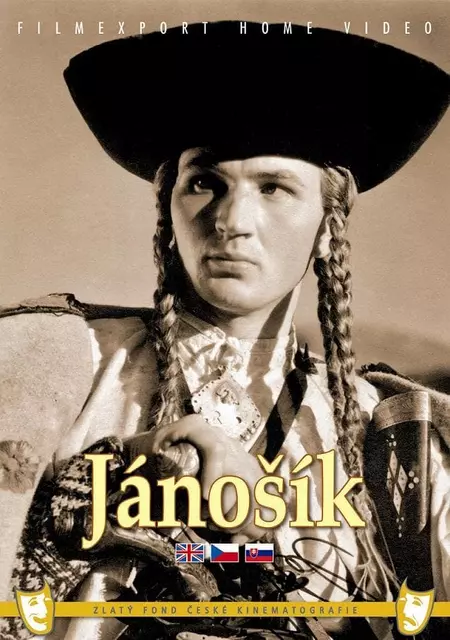
Jánošík (1936)
Movie
Composer

Jana (1935)
Movie
Martin Antoni

Král ulice (1935)
Movie
Composer
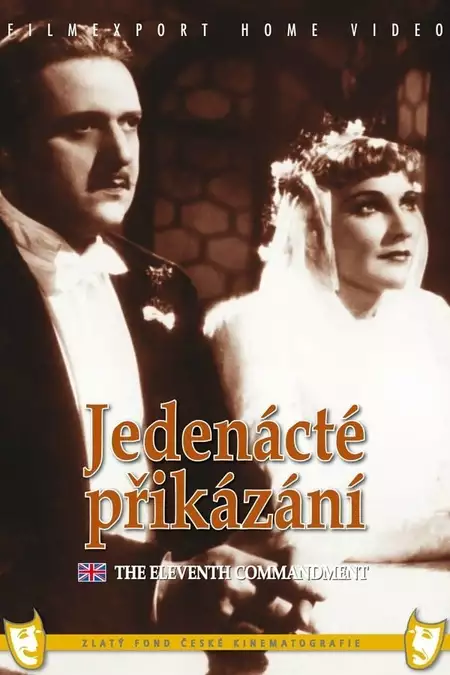
Jedenácté přikázání (1935)
Movie
Petr Kornel
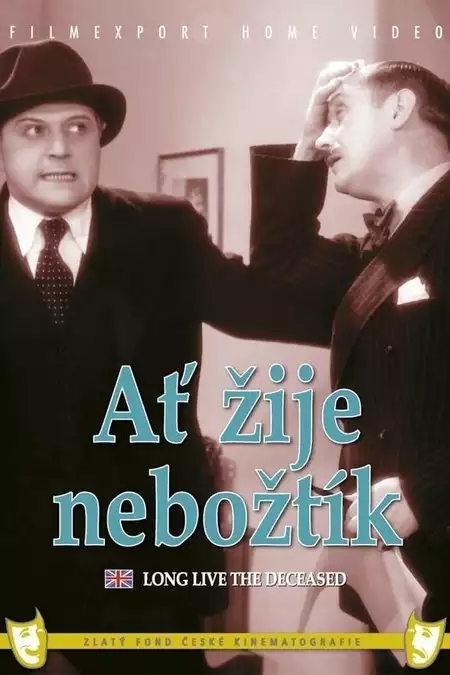
Long Live with Dearly Departed (1935)
Movie
Lyricist
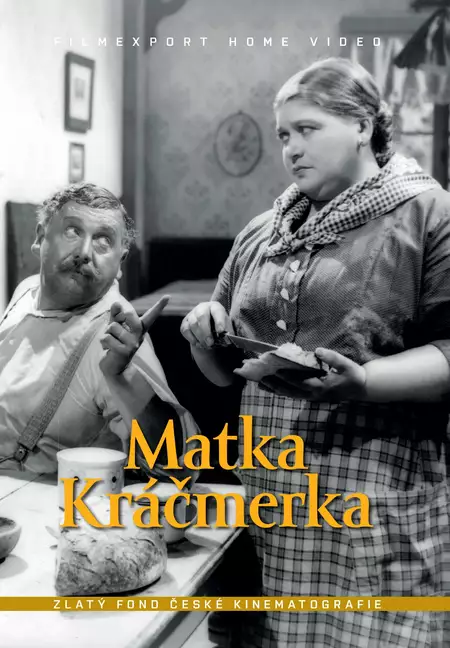
Matka Kráčmerka (1934)
Movie
Josef Dobrovský

Za ranních červánků (1934)
Movie
Composer
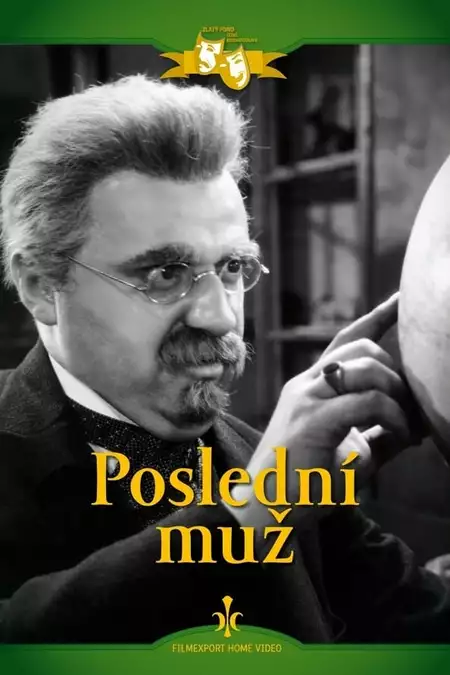
Poslední muž (1934)
Movie
Muzikant Jahoda

Jindra, the Countess Ostrovín (1934)
Movie
Hugo Strindberg

Srdce za písničku (1933)
Movie
Count Hellford
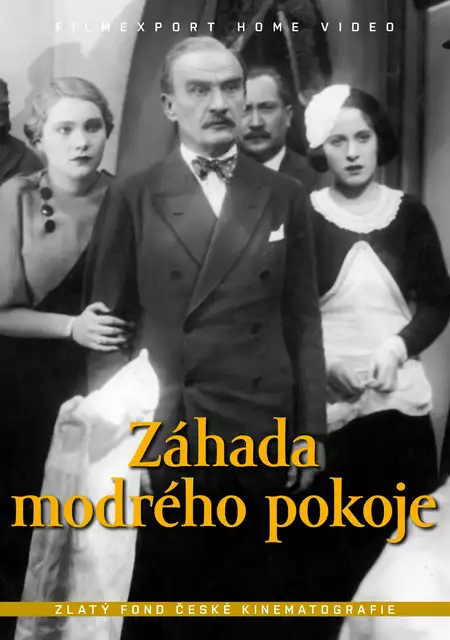
Záhada modrého pokoje (1933)
Movie
Pavel Hala

Ballad-Singer (1932)
Movie
JUDr. Frantisek Uher
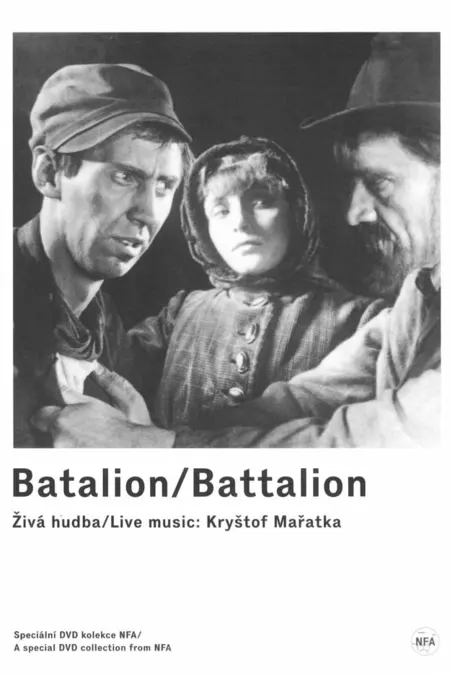
Battalion (1927)
Movie
MUDr. Karel Verner
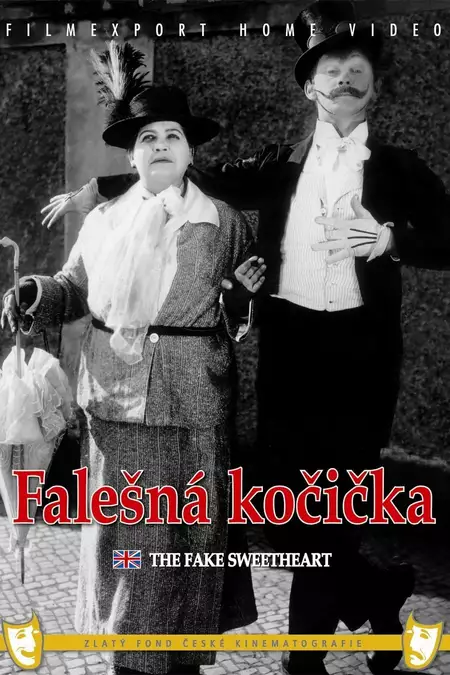
The Fake Sweetheart (1926)
Movie
Karel Hasler
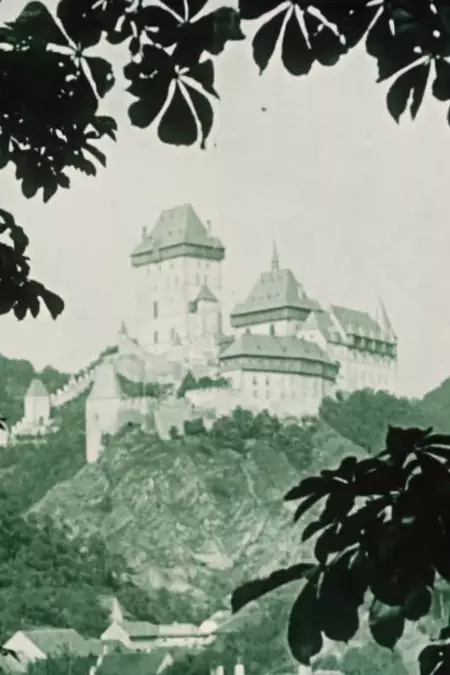
Czech Castles and Palaces (1916)
Movie
Painter's Husband Valentin

Ahasver (1915)
Movie
Gallery
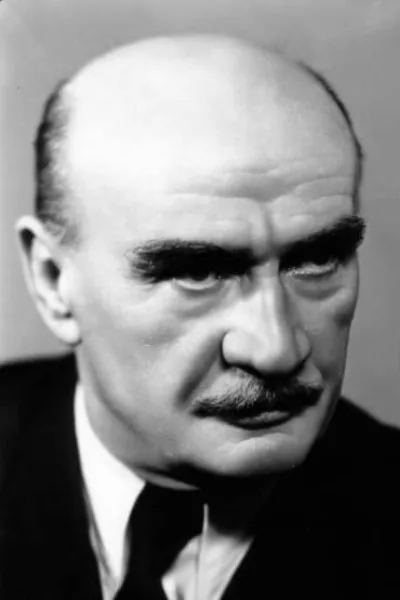

Information
Known ForActing
GenderMale
Birthday1879-10-31
Deathday1941-12-22 (62 years old)
Birth PlaceZlíchov, Czech Republic
ChildrenZdeněk Gina Hašler
CitizenshipsCzechoslovakia, Austria-Hungary
ResidencesPrague, Czech Republic
This article uses material from Wikipedia.
Last updated:
 Karel Hašler
Karel Hašler- Filmography
- Information
- Related Persons
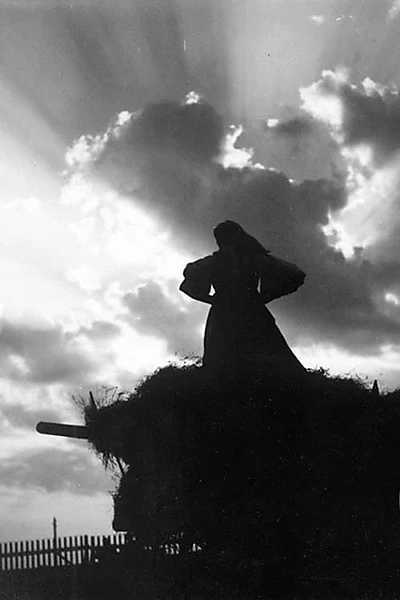
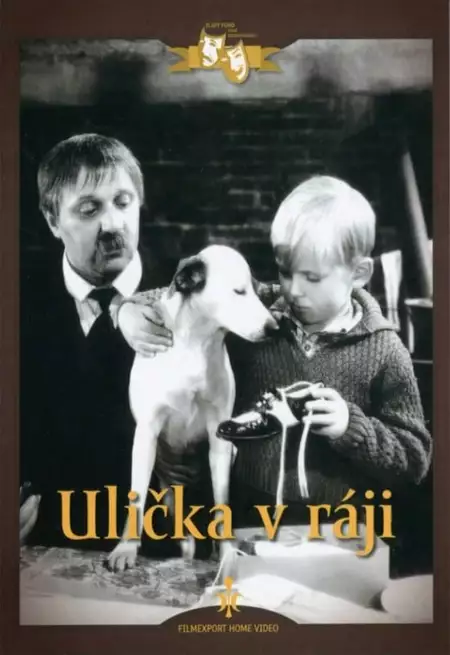
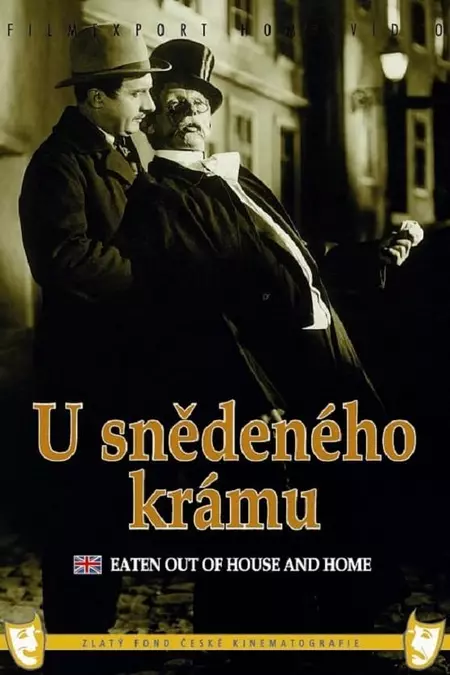
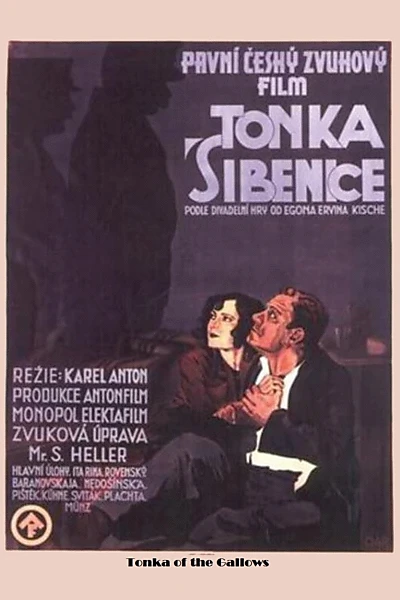
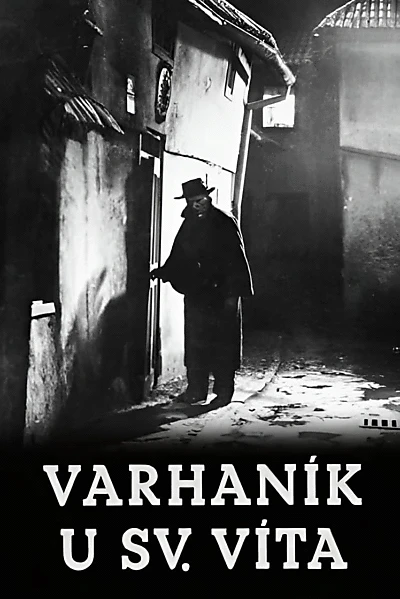

 ,
,